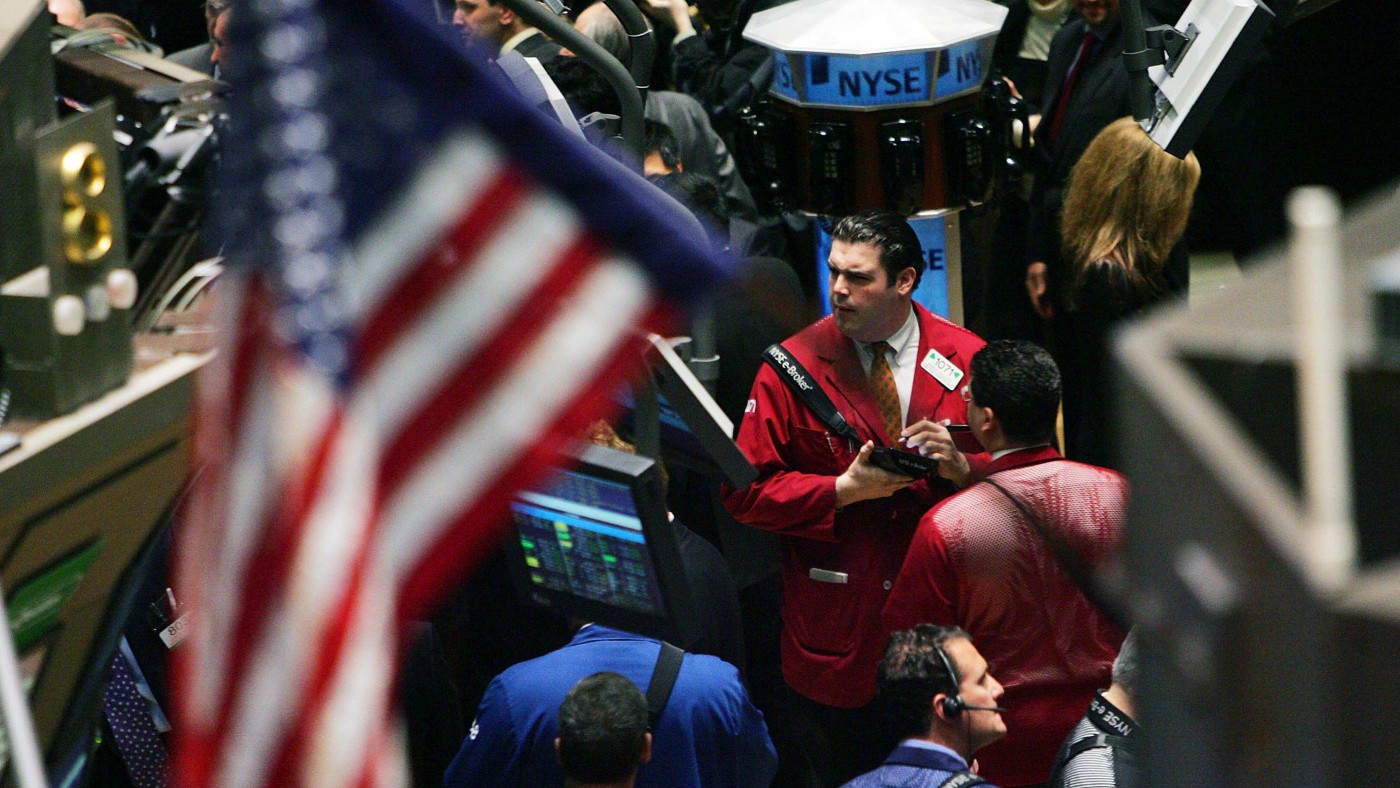The American economy is back, with a remarkable growth rate above 3% and an unemployment rate under 6%. Every political leader, central banker or economic pundit claims to be the one who vanquished the 2008 financial crisis. What if none of the above claimants played any role in the recovery? Looking at long trends in economic growth, in any country, does not provide a clear relation between economic long term successes and economic policies. The reverse is more easy to demonstrate: destroying the animal spirits of a nation is easier than to stimulate them: wrecking private property, expelling entrepreneurs, over-regulating activities and closing borders are all confirmed methods that kill growth. How to rekindle it is another matter as the US current story shows.
Did the federal budget deficit initiated by President George W. Bush, increased by Barack Obama in 2008, jump-start the economy? Even the most Keynesian oriented economists in the United States, like Robert Krugman and Joseph Stiglitz, would not pretend this has been the case. The Keynesian high priests, on the contrary, argue that the recovery would have happened earlier and proved stronger if only the deficit would have been more substantial: this is wishful thinking as economists can never quite prove the connection between cause and effect.
The same goes with central banks, which played or pretended to play the leading role in the recovery, by bringing down interest rate to zero, then added quantitative easing after the failure of rate reduction. It is impossible to demonstrate a connection between lax monetary politics and the US recovery : the time frame just does not coincide. Moreover, it remains to be proven that this easy money has not been invested in the wrong place, with a poor return on investment for years to come, if not worse. Moreover, particularly in the case of the United States, we might consider that the strongest causal effect of quantitative easing has been the spectacular new wealth of an handful of tycoons at the top of the financial community.
More probably, the US recovery could be better explained, not through short term creative economic policies but by an understanding of the long term structural trends of the American economy. One could argue that the causes of the current growth are exactly the same which made the US, the number one leading economy, from the end of the nineteenth century onward until to day.
These causes pertain more to the cultural fabric of the American society than to economics as usually described. Thus, democracy has been from the start the most dynamic engine of economic growth: wages being relatively high in an egalitarian society, with a relatively scarce population scattered on a huge territory. American entrepreneurs needed to be technically innovative rather than exploit a cheap workforce. At the St Louis World’s Fair in 1904, European delegations were flabbergasted by the technical advance and mechanization of the American economy, a consequence of democracy. This egalitarian spirit led to standardization, a key component of American success.
The 20th century was characterised by mass production and competition for the cheapest rate in order to please consumers who bought the same products and services. This proved prophetic one century ago for car production, the service industry and – today – for the social media industry. Again what explained past successes remains valid as proven by the number of triadic (US, Europe, Japan) patents which are registered every year : the US remains first, ahead of Europe, Japan and far above China, whose patents are mostly valid in their own country. China in 2013 registered fewer triadic patents than the State of Missouri.
Of course, none of the above could have been achieved in the United States without the strong protection of property rights and the proper rule of law. In spite of the increasing restrictions on animal spirits by the Federal government, the US is not a socialist economy and is not a Welfare State. Just compare the share of public spending between Europe and the US. Private entrepreneurship is still the rule of the country and the recent Republican Party electoral success demonstrates that much of the electorate wants it to remain that way.
Two sensitive issues still threaten America’s number one position, but both relate to politics more than to economics. Immigration remains a controversal topic in a country built by immigrants. Most probably, no law will contain the flow in the years to come. Immigration will remain a self selecting process which attracts to the US hard working people from all over the world because they are needed and they constantly prove that they bring to the country more than what they take out. Immigration should be dictated by the market not by Congress.
The other skeleton in the closet is the debate on inequality : it remains a rather academic controversy based on dubious statistics. Regarding the financial moguls, their actual income and social utility, should be measured not only by what they earn but also by what they give back through taxation and even more through philanthropy. George Soros and Bill Gates are good examples. What about the claim that the huge middle class has not benefited from the recovery? This may be true when looking at wages before welfare support, but this ignores the importance of purchasing power. Prices go down, services improve (think of mobile phones). Purchasing power and freedom of choice are increasing non-stop in the US, even in periods of slow wage-growth.
American capitalism is, of course, imperfect but no competing model in Europe or in Asia can better it. As a reminder, average per-capita Chinese income is less than $10,000, compared to $53,000 in the US. For the rest of the world, keeping a democratic country rather than a despotic regime as the world’s economic leader delivers innumerable non-quantitative benefits for non Americans. We should learn from their example.


